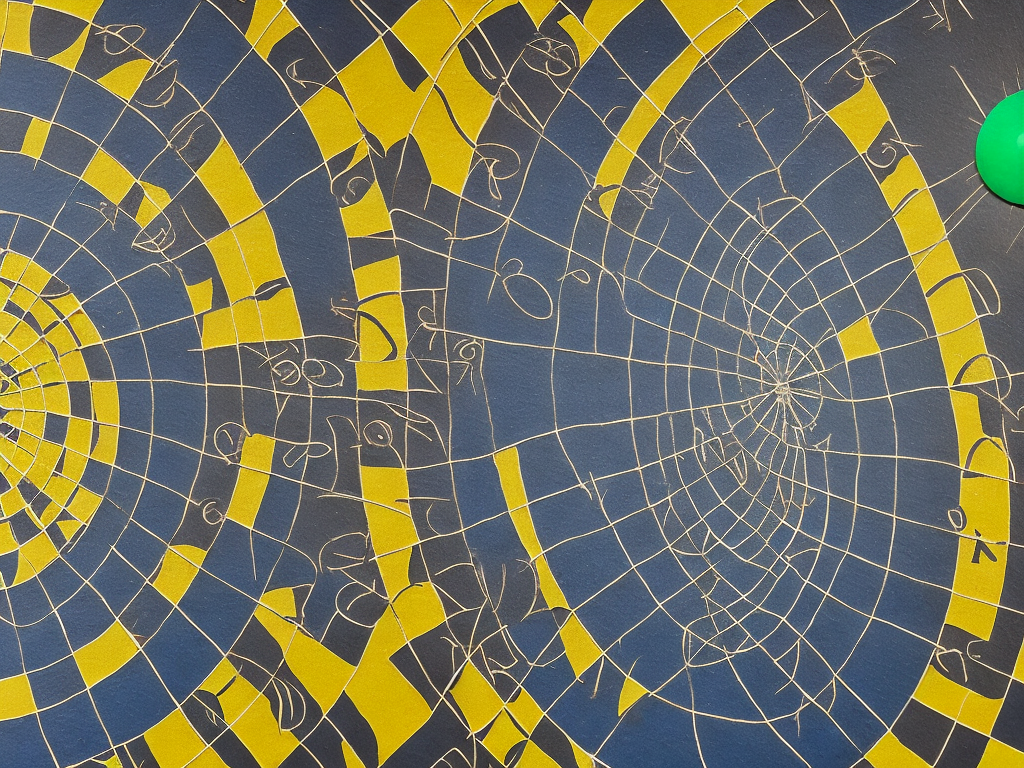
Accuracy and precision are terms that are often used interchangeably, but they actually refer to two different things. Both are important in science, engineering, and many other fields, and understanding the difference between the two is crucial to making accurate measurements and achieving desired results.
Accuracy refers to how close a measurement is to the true or correct value. In other words, accuracy refers to how well a measurement matches the true value of what is being measured. To determine accuracy, it is necessary to have a known or accepted value to compare the measurement against.
Precision, on the other hand, refers to how consistent or reliable a measurement is. Precise measurements do not necessarily have to be accurate, but they must be consistent or reproducible. Precision can be affected by a variety of factors such as instrumentation, environmental conditions, and human error.
To understand the difference between accuracy and precision in more detail, let us consider an example. Suppose you want to measure the weight of a particular object using a balance scale. If the object has a known weight of 500 grams, and the scale measures it to be 500 grams, then we can say that the measurement is accurate. If, however, the scale measures the weight to be 550 grams or 450 grams, then the measurement is inaccurate. Thus, accuracy is a measure of how close a measurement is to the true or correct value.
Now, suppose you weigh the same object multiple times using the same scale, and each time the scale measures it to be 500 grams. In this case, the measurement is precise because the results are consistent or reproducible. If, on the other hand, the scale measures the weight of the object to be 500, 502, 498, and 504 grams in four different attempts, then the measurement is not precise. Even though the average weight is close to the true value, the measurements are not consistent, and thus not precise.
In summary, accuracy refers to how close a measurement is to the true value, while precision refers to how consistent or reliable the measurement is. Both accuracy and precision are essential components of good measurement practices in any field that makes use of quantitative analysis, including science, medicine, engineering, business, and more.
The Importance of Accuracy and Precision
Accuracy and precision are crucial aspects in scientific and other fields that require accurate measurements. Accurate and precise measurements are essential because they provide a basis for evaluating the quality and reliability of data. The importance of accuracy and precision can be seen in various fields, such as medicine, engineering, and manufacturing.
In medicine, for instance, accurate and precise measurements are critical in the diagnosis and treatment of patients. Inaccurate measurements can lead to misdiagnosis and incorrect treatment plans, which can have severe consequences on a patient's health. Precision equipment such as MRI machines, blood tests, and X-rays are critical for accurate diagnosis and treatment of various diseases.
In engineering, precision is essential in designing and manufacturing products that meet specific requirements. For example, precise measurements are required for the production of machinery, automobile parts, and electronic components. Inaccurate measurements can lead to faulty products and wasted resources.
In research, accuracy and precision are essential in ensuring that experiments and studies produce reliable and replicable results. Without accurate and precise measurements, the results of research can be misleading and unreliable.
Differences in Measurement Devices
Accuracy and precision can vary depending on the measuring instrument used. Different instruments have different capabilities, measurement ranges, and measurement uncertainties that affect their ability to produce accurate and precise measurements.
For instance, digital scales are generally more accurate and precise compared to traditional balance scales. However, they may not be suitable for weighing objects that are too large or too heavy. Similarly, thermometers vary in their accuracy and precision based on the type of sensor used and the measuring range.
Instrument calibration is essential to ensure that measurement devices produce accurate and precise measurements. Calibration involves testing the accuracy of a measuring instrument against a known or standard measurement to ensure that it is operating correctly. Calibration should be done regularly to ensure that the measuring instrument is accurate and precise.
Measurement Uncertainty
Measurement uncertainty is a critical aspect of measurement accuracy and precision. The uncertainty of a measurement refers to the degree of doubt or error associated with a measurement. Even the most precise measuring instruments and methods have a degree of uncertainty associated with their measurements.
Measurement uncertainty can be affected by several factors, such as instrument limitations, environmental conditions, and human error. Reducing uncertainty involves improving measurement techniques and reducing the sources of error in measurement.
Conclusion
Accuracy and precision are fundamental concepts in science, engineering, and other fields that require accurate measurements. Accurate and precise measurements are essential in achieving desired results, ensuring the quality of data, and reducing waste.
To ensure that measurements are accurate and precise, it is necessary to use appropriate measuring instruments, perform regular calibration, and minimize measurement uncertainty. Understanding the difference between accuracy and precision is crucial to ensure that measurements meet the required standards and reduce the risk of errors.
In conclusion, accuracy refers to how close a measurement is to the true value, while precision refers to how consistent or reliable the measurement is. Both accuracy and precision are necessary for good measurement practices in any field that involves quantitative analysis.
 Self-Instruct
Self-Instruct